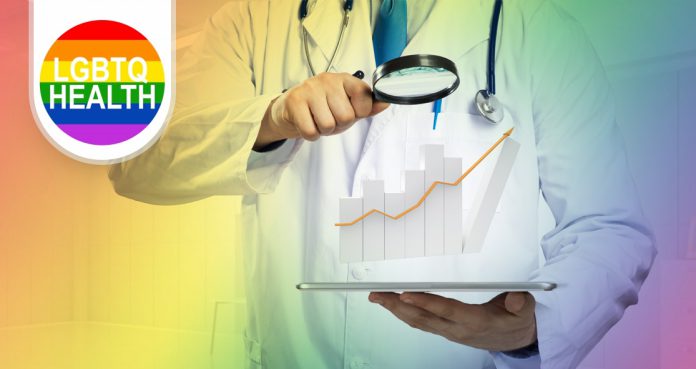Central Health, a model healthy community that works to improve people’s health, has been gearing up to fix LGBTQ discrimination in health care.
The community is up for a vote to improve health care for the LGBTQ community, which could make a bigger impact on public health.
AIDS Services of Austin (ASA), a non-profit AIDS service organization that addresses HIV and AIDS in Central Texas, has also been supporting the Central Health’s initiative.
Alberto Barragan, ASA’s director of prevention, said he had experienced a gap in the health care system, stating, “Every time I go to the doctor I have to weigh when I’m going to tell them and how I’m going to bring it up.”
“We hear a lot from the LGBT youth; the last time they went to the doctor, the doctor just assumed they were having heterosexual sex or they were never asked if they needed to get an HIV test,” added Barragan.
Fifty-six percent of lesbian, gay, and bisexual people have experienced discrimination in health care, according to the Human Rights Campaign. However, those figures increase to 70 percent for transgender people.
Barragan questioned, “How do we create environments where people feel safe and secure and know that they can disclose that they’re part of the LGBT+ community and know that they’re going to get the same kind of service or they won’t be judged?”
Manager of Community and Population Health Strategy at Central Health, Megan Cermak, said, “Pursuing the Human Rights Campaign Healthcare Equality Index (HEI). This is a national tool for benchmarking LGBTQ care in healthcare settings.”
Currently, there are only two clinics in Austin that are accredited through the Human Rights Campaign’s HEI, which are People’s Community Clinic and RBJ public health center.
This week, Central Health members will vote whether to make that “accreditation across all clinics the priority for 2020.”
Cermak explained, “We would probably have training so that our providers are more equipped. We would probably have markings within all of the healthcare settings so that people would know that it’s an LGBTQ-friendly clinic.”
“There would also be more benefits for same-sex couples when it comes to medical decision-making and health care for their children,” she added. Barragan said, “This is a great step to take. Once you normalize this, then we can start working on some of the other issues, as well.”




















